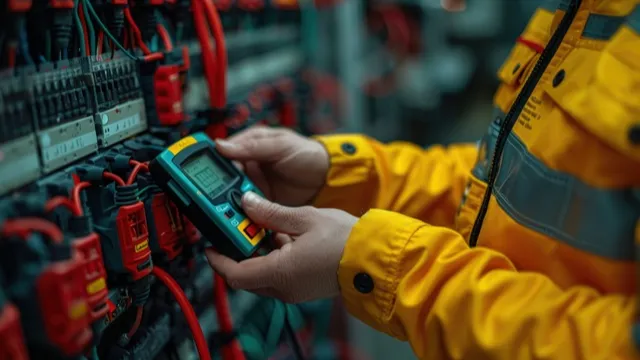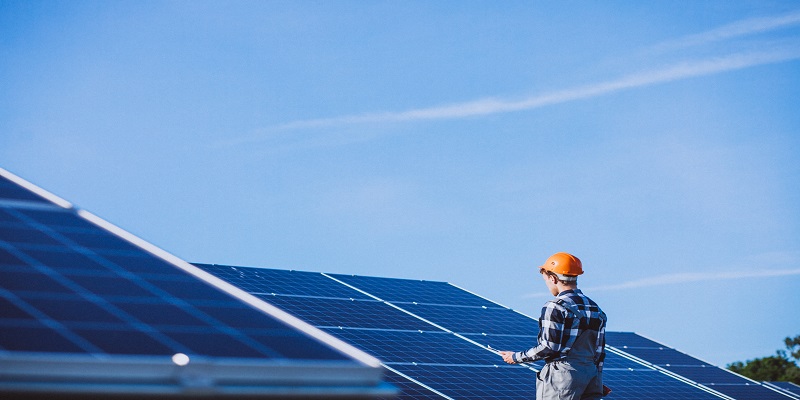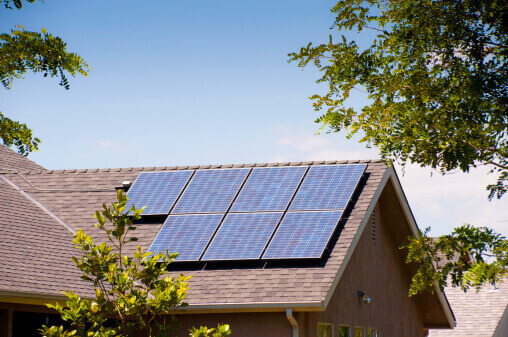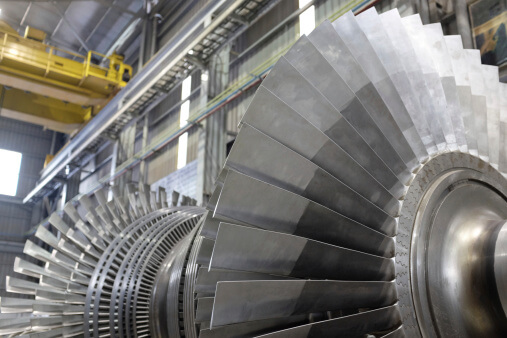Different Types Of Data Loggers And Their Critical Applications

As businesses become more technology driven and the need to monitor conditions accurately and continuously has grown tremendously. Whether a company is storing vaccines, running a manufacturing line or transporting fresh produce and the quality of the environment directly affects performance, safety and costs. This is where data loggers come in small but powerful devices designed to record measurements over time without manual involvement.
Although all data loggers share the same fundamental purpose and they are not all built the same. Each type is created to monitor a specific parameter or combination of conditions. Understanding these differences can help organizations choose the right tool for their operations. Below is a clear and friendly breakdown of the most common types of data loggers and where they are used.
1. Temperature Data Loggers
Temperature data loggers are the most commonly used devices because so many materials and products depend on a controlled temperature. They record temperature at regular intervals and alert users if readings move outside a safe range.
Where They are Used
Cold chain logistic
Products like vaccines or frozen food and biological samples must stay within strict temperature limits. A temperature logger documents every minute of the journey.
Building and HVAC inspections
Technicians use these loggers to evaluate heating and cooling performance.
Weather and climate studies
Researchers rely on them to track outdoor temperature changes over long periods.
Without proper temperature monitoring or products spoil and the energy is wasted and safety standards can be compromised.
2. Humidity Data Loggers
These loggers track moisture levels in the air and are especially important for environments sensitive to mold or corrosion or dryness. Many humidity loggers also include a built-in temperature sensor.
Where They are Used
Warehouses storing electronics or artwork
Excess humidity can warp wood or damage circuits and ruin sensitive materials.
Agriculture and greenhouses
Plants need controlled humidity to grow properly and avoid fungal diseases.
Labs and cleanrooms
Moisture can affect sample quality and sensitive experiments.
Humidity data loggers help keep delicate environments stable and safe.
3. Pressure Data Loggers
Pressure loggers measure air, water or gas pressure. They are essential wherever pressure changes could indicate danger or inefficiency or equipment failure.
Where They are Used
Oil and gas pipelines
Any sudden pressure change can signal a leak or blockage.
Hydraulic equipment
Stable pressure is key for safe operation in industries like construction and manufacturing.
Municipal water systems
Pressure loggers help detect water loss, pipe bursts or supply issues.
By tracking pressure accurately and companies prevent accidents and maintain system reliability.
4. Vibration Data Loggers
Vibration data loggers detect and record vibration patterns in equipment or structures or vehicles. They are crucial for early detection of mechanical problems.
Where They are Used
Industrial machinery
Vibration monitoring helps identify worn bearings or misalignment or other issues before a costly breakdown occurs.
Transportation
Sensitive goods are such as medical devices or electronics that may be damaged by excessive vibration during shipping.
Infrastructure monitoring
Engineers use vibration data to assess bridges or railways and buildings for structural weakness.
Vibration loggers make predictive maintenance easier and reduce downtime.
5. Voltage and Current Data Loggers
These loggers measure electrical activity and are widely used by energy auditors, electricians and engineers.
Where They are Used
Energy monitoring
Tracking voltage and current helps identify inefficiencies and reduce power costs.
Solar and renewable systems
They help check performance and detect faults and maintain output efficiency.
Equipment troubleshooting
Electrical irregularities often lead to overheating or equipment failure.
Electrical data loggers provide deeper insight into how energy is being used and where improvements can be made.
6. GPS and Location Data Loggers
GPS loggers record location data, speed, route history and movement patterns. They are important for tracking vehicles, assets and wildlife.
Where They are Used
Commercial fleets
Companies use GPS loggers to monitor routes or optimize delivery times and improve fuel efficiency.
Wildlife research
Scientists track animal movement to study migration and conservation.
Outdoor activities
Hikers or cyclists and adventurers use GPS loggers to map their journeys.
Their ability to gather precise movement data makes them essential for both business and research.
7. Multi-Channel Data Loggers
Multi-channel loggers can measure several parameters at once such as temperature, humidity or pressure and vibration using a single device.
Where They are Used
Industrial automation
Engineers use them to monitor entire production systems from one centralized unit.
Scientific research
Experiments often require tracking multiple conditions simultaneously.
Large facilities
Building managers rely on them to control environmental conditions across multiple rooms or zones.
Their versatility makes them an efficient choice for high-complexity environments.
Conclusion
Data loggers play a crucial role in these advanced word data is focused in the world. Whether it is ensuring the safety of pharmaceuticals which are preventing machinery breakdowns or maintaining environmental standards and the right data logger can make operations safer even smarter and more efficient. Choosing the appropriate logger starts with understanding your environment and the parameters you need to measure and the level of accuracy required. With the right device in place and businesses can prevent losses and improve decision-making and maintain consistent quality across their operations.






